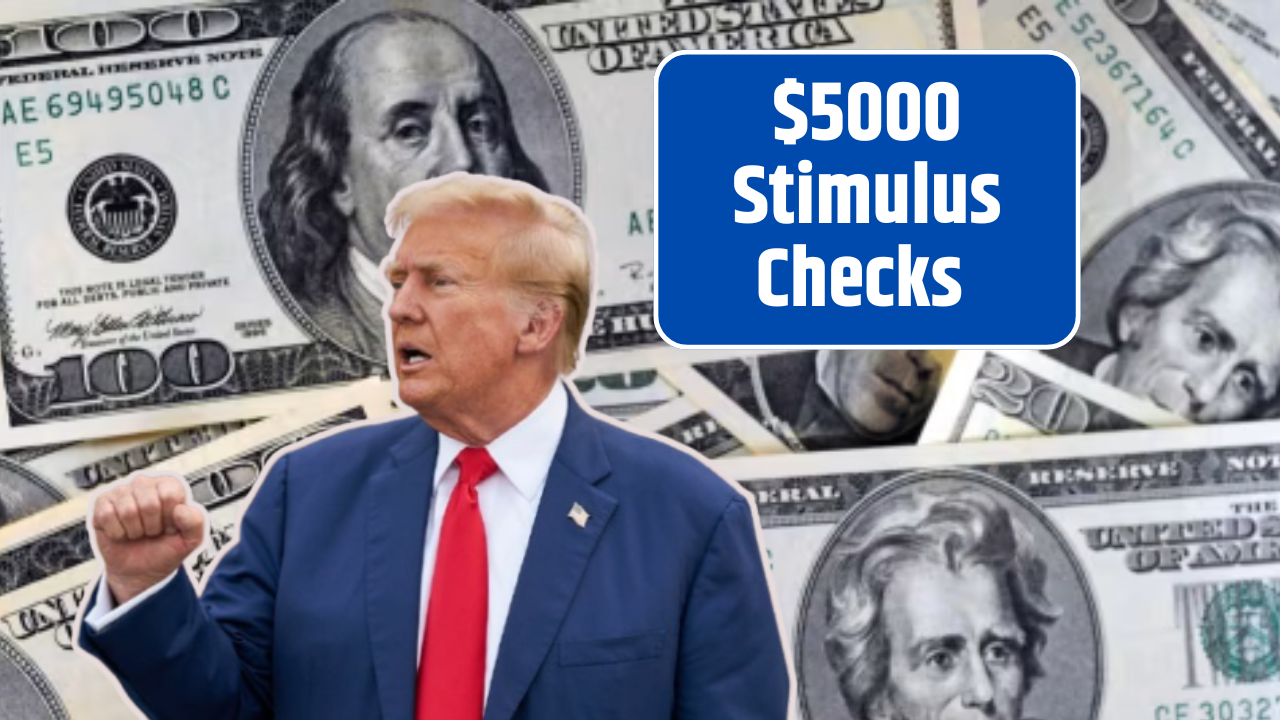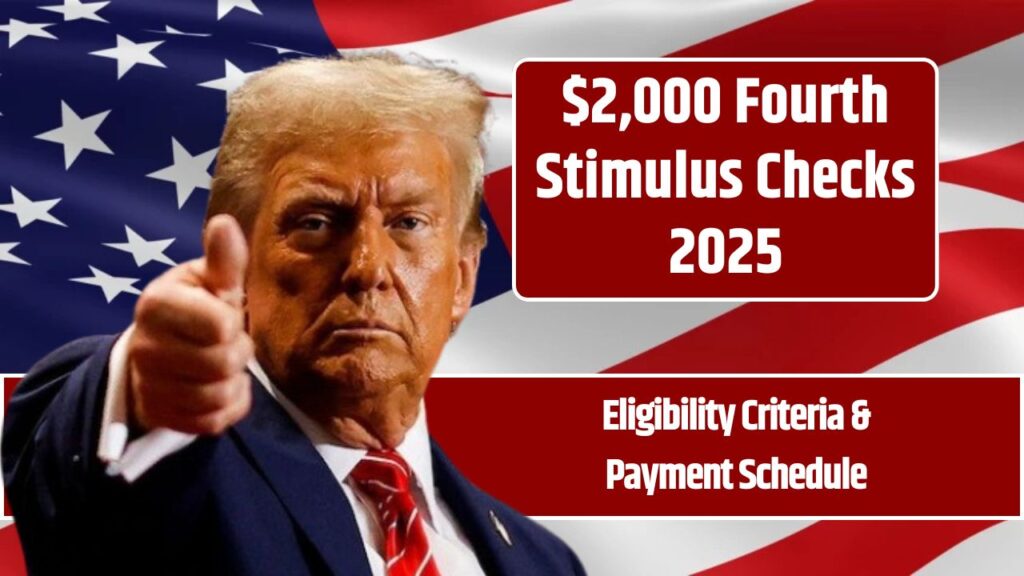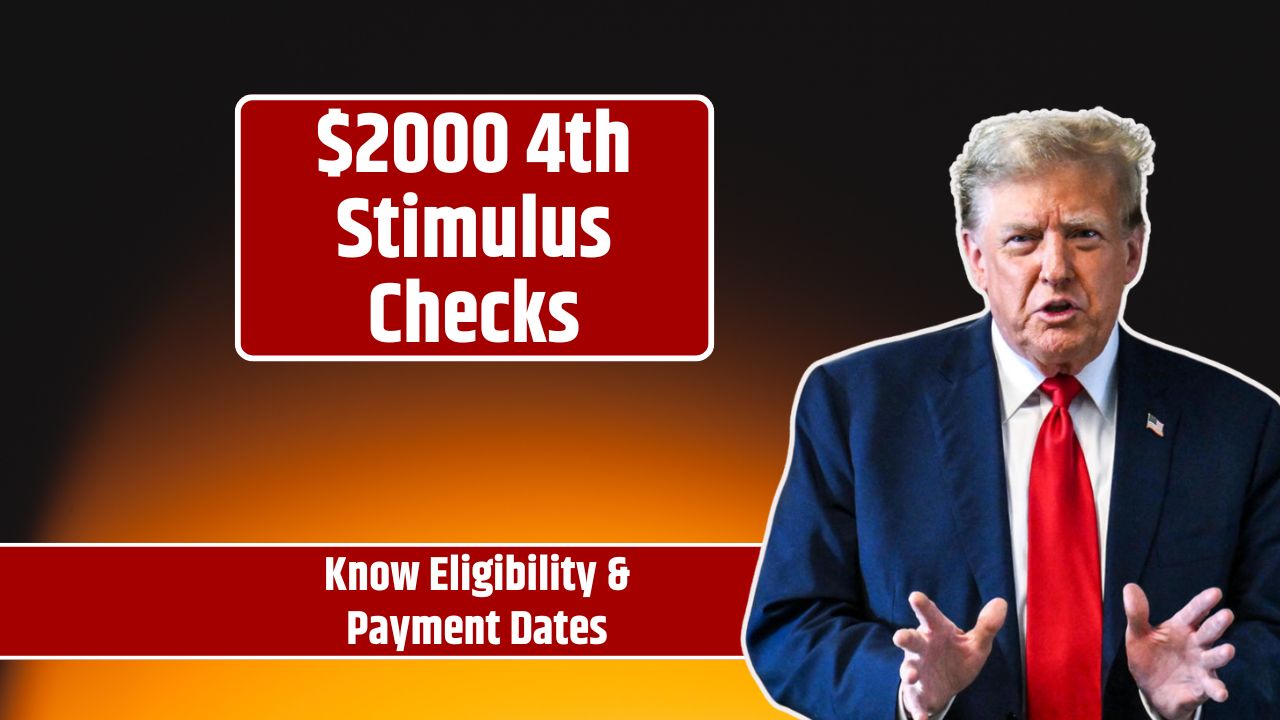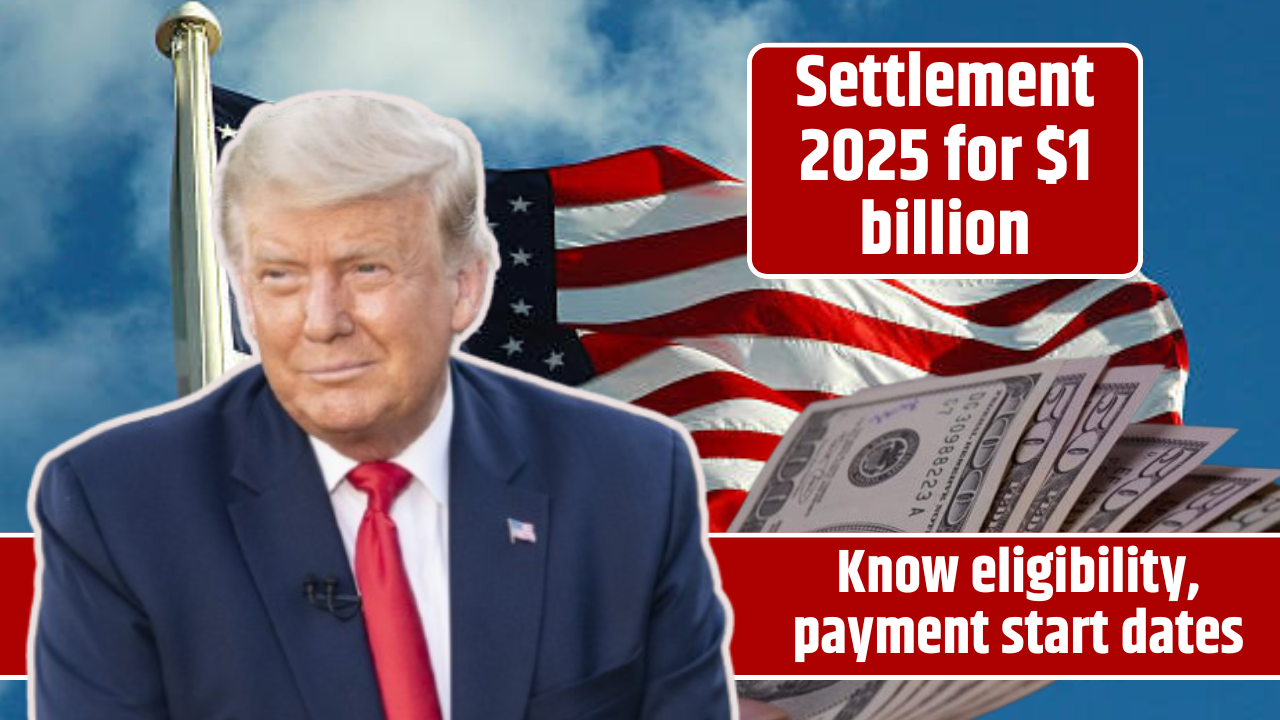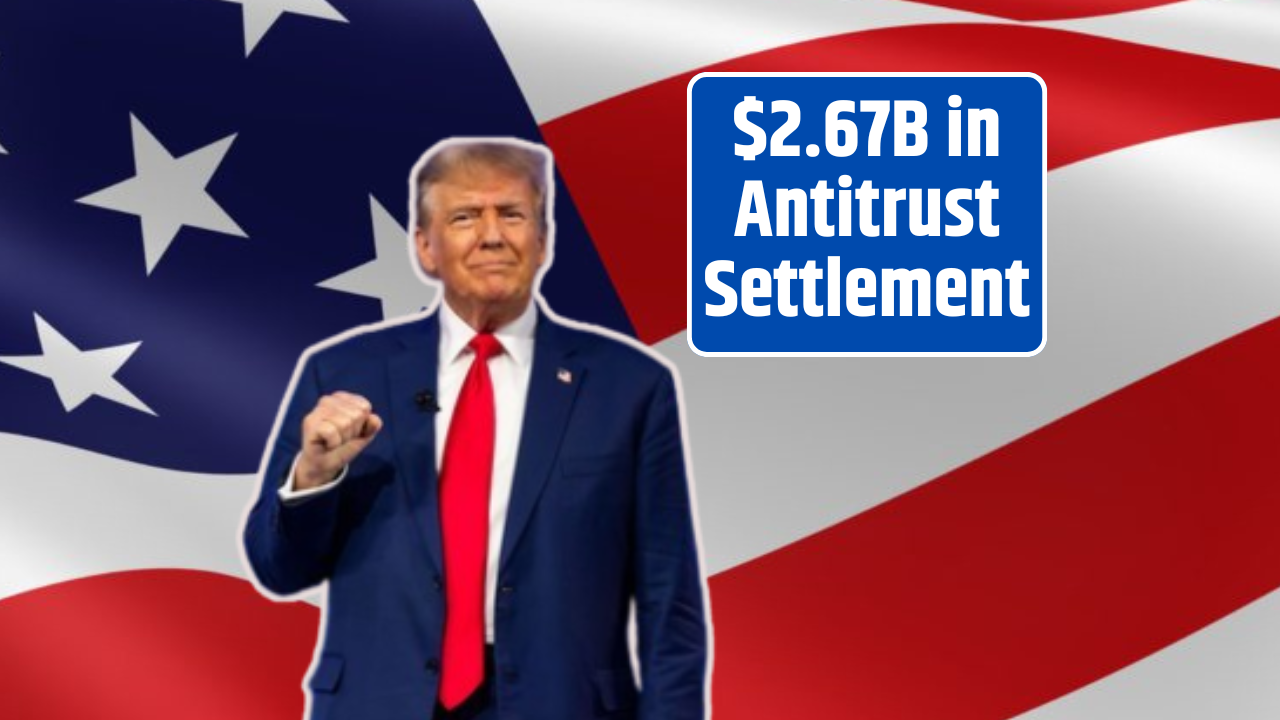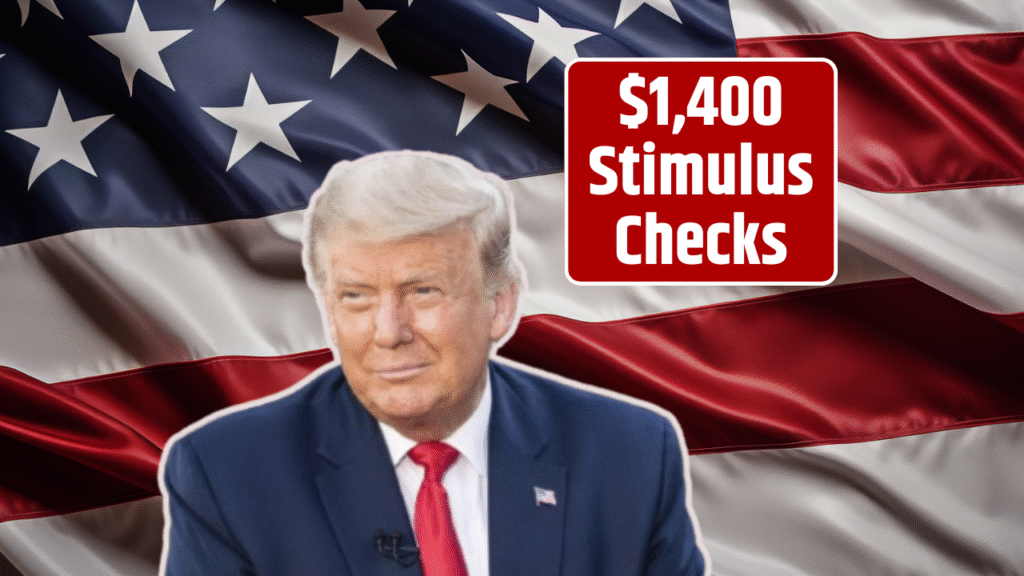With inflation still putting pressure on American households, the proposed $5,000 stimulus check—dubbed the DOGE Dividend—is generating serious buzz. Designed to return a portion of federal government savings to taxpayers, this plan aims to bring economic relief by cutting wasteful government spending and redirecting those savings directly to citizens. While still awaiting congressional approval, many are eager to learn more about what this proposal could mean.
Let’s break down what you need to know about the 2025 $5,000 stimulus checks.
What Is the $5,000 DOGE Stimulus Check?
The DOGE Stimulus Check, short for the Department of Government Efficiency Dividend, is a proposed economic relief program spearheaded by Trump and James Fishback, with backing from Elon Musk. The plan involves cutting $2 trillion in government spending by 2026, and then returning 20% of those savings to taxpayers through a one-time $5,000 payment.
Unlike COVID-19 relief checks, which targeted both low- and middle-income individuals (including those without tax liabilities), the DOGE Dividend is aimed exclusively at federal taxpayers—those who pay income tax.
DOGE $5,000 Stimulus Check 2025 Overview
| Feature | Details |
|---|---|
| Authority | Department of Government Efficiency (DOGE) |
| Program Name | DOGE Stimulus Check |
| Proposed By | Trump & James Fishback |
| Country | United States |
| Amount | $5,000 |
| Status | Pending Approval |
| Funding Source | Federal government savings |
| Category | Economic Relief / Government Aid |
| Official Website | doge.gov |
Key Differences: DOGE vs. COVID-19 Stimulus Checks
To understand how this proposal stands out, here’s a comparison with previous stimulus efforts:
| Criteria | COVID-19 Stimulus | DOGE Dividend (Proposed) |
|---|---|---|
| Who Qualifies? | Low- and middle-income individuals | Federal income taxpayers |
| Income Limit? | Yes (phased out at higher levels) | None officially announced |
| Automatic Payment? | Yes (via IRS) | Unknown, may require filing |
| Targeted Assistance? | Yes | No, more universal for taxpayers |
Tentative Timeline for DOGE Stimulus Checks
While no official approval has been granted, if the proposal gains traction, the following timeline is likely:
- January 2025: Congress to debate and review the bill.
- February 2025: If approved, the IRS will begin logistical preparations.
- March 2025: Payments may begin rolling out to eligible recipients.
Note: If the bill does not pass, no payments will be issued.
Eligibility Criteria
To qualify for the $5,000 DOGE Stimulus Check, recipients must meet the following conditions:
- Be a U.S. citizen or permanent resident.
- Have filed a federal income tax return and paid taxes.
- No income cap has been officially stated, suggesting higher earners may still qualify.
- Social Security beneficiaries receiving non-taxable benefits may not be eligible.
How to Stay Updated
Due to increasing misinformation, it’s vital to stick to official sources for updates. Here’s where you can check for verified information:
- IRS Official Website
- U.S. Treasury Department
- Congress.gov
- DOGE.gov (Program-specific updates)
Be cautious of scams—official agencies will never ask for personal bank information through calls or emails.
What to Do If the $5,000 Check Is Approved
If Congress gives the green light, here’s how to prepare:
- File your latest tax return promptly.
- Ensure your contact and bank details are up to date with the IRS.
- Sign up for alerts through official portals to get real-time updates on your eligibility and payment status.
As of now, the $5,000 DOGE Dividend is only a proposal. Its fate depends on Congress, and while public interest is high, approval is not guaranteed. For now, the best move is to stay informed, avoid misinformation, and be ready to act if the program goes live.
FAQs:
Is the $5,000 stimulus check officially approved?
No, it is still under proposal and has not been passed by Congress.
Who will be eligible for the DOGE Stimulus Check?
Only federal taxpayers—those who file and pay income taxes—may qualify.
When will the DOGE payment be released?
If approved, payments may begin as early as March 2025.

